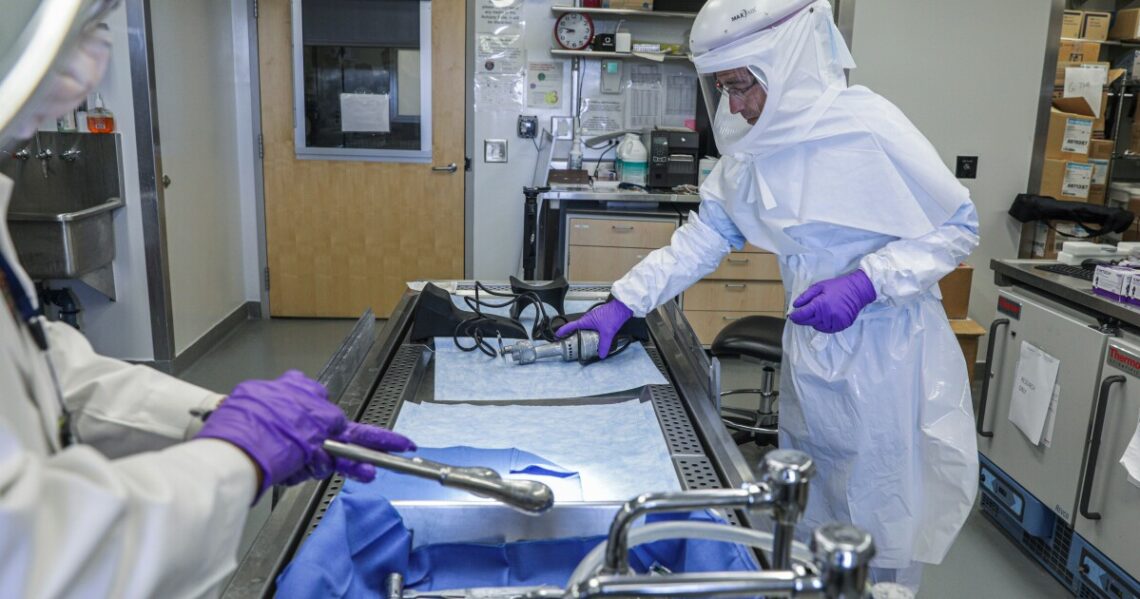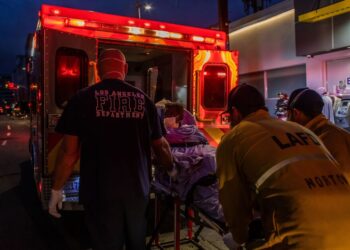For people suffering from long COVID’s often disabling symptoms, including intense fatigue, breathing troubles, cognitive issues and heart palpitations, the list of scientific unknowns may sound defeating. There’s still no validated treatment or diagnostic test specifically for the condition, although there are many candidates.
Clinicians who treat long COVID are acutely aware of the unsettled nature of the field. “You do sort of feel like you’re out in the wilderness,” says Dr. Rasika Karnik, medical director of UChicago Medicine’s post-COVID clinic.
Karnik first began seeing long COVID patients in the fall of 2020. There’s more information to work with now, she says, but doctors’ approach still comes down to treating individual symptoms, rather than the underlying cause of the illness. “It’s hard to look a patient in the eyes and say ‘we’re not quite sure yet’ and to keep repeating that,” she says.
But researchers are making progress in the field, and they presented their recent findings at one of the first major gatherings dedicated to sharing emerging evidence about the possible root cause of long COVID and implications for treatment.
“I know there’s been a lot of frustration that there haven’t been faster answers,” says Dr. Catherine Blish, a professor of medicine at Stanford University and one of the organizers of the conference, held by the nonprofit Keystone Symposia in Santa Fe, N.M., in late August.
“But in all honesty, we are so much further ahead at this relative point than for any other major disease in my lifetime as an infectious disease specialist,” she says.
The meeting underscored that scientists have made headway in…
Read the full article here







